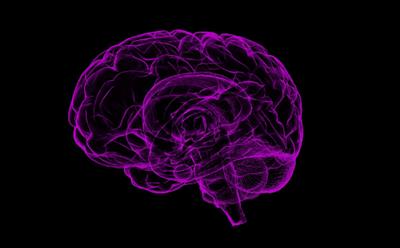New Alzheimer’s Disease study to begin after anonymous donation

Alzheimer’s researchers at the University of Southampton have received a generous donation to test whether an already approved dementia drug can improve how the brain removes waste.
The brains of all people with Alzheimer's disease accumulate amyloid, a protein which clumps together to form toxic plaques. The blood vessels in the brain work to remove the amyloid, but as people get older or in people with increased risk of developing dementia, they do not work as well. It is this vascular amyloid that is responsible for many complications of dementia and for the side effects after immunization trials.
The year-long study, led by Professor Roxana Carare, Co-leader of the Interdisciplinary Dementia and Ageing Centre (IDeAC), will test whether Rivastigmine, a drug used for the treatment of dementia is capable of preventing and/or treating the build-up of amyloid plaques in the walls of the blood vessels of the brain.
The very generous personal gift of $70,000 has been given by a donor in the US, who is affected personally by dementia.
Professor Carare said: “We are extremely grateful to receive this kind donation, which will help us further our research into a key feature of the disease. The build-up of vascular amyloid occurs due to a failure in the drainage pathways to efficiently eliminate it. We will be able to ascertain if Rivastigmine is able to help with the clearance. If proven, this could change the landscape for dementia treatments through an early administration of this drug in those with risk factors for vascular amyloid. We hope to report early results by the end of the year.”